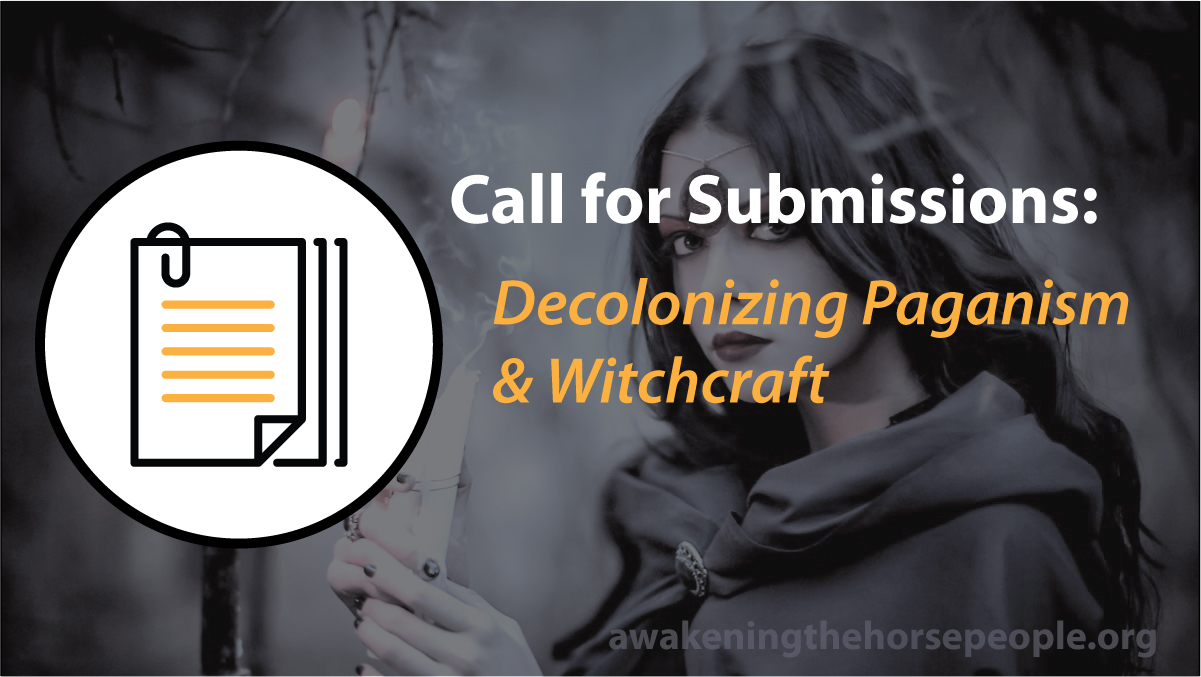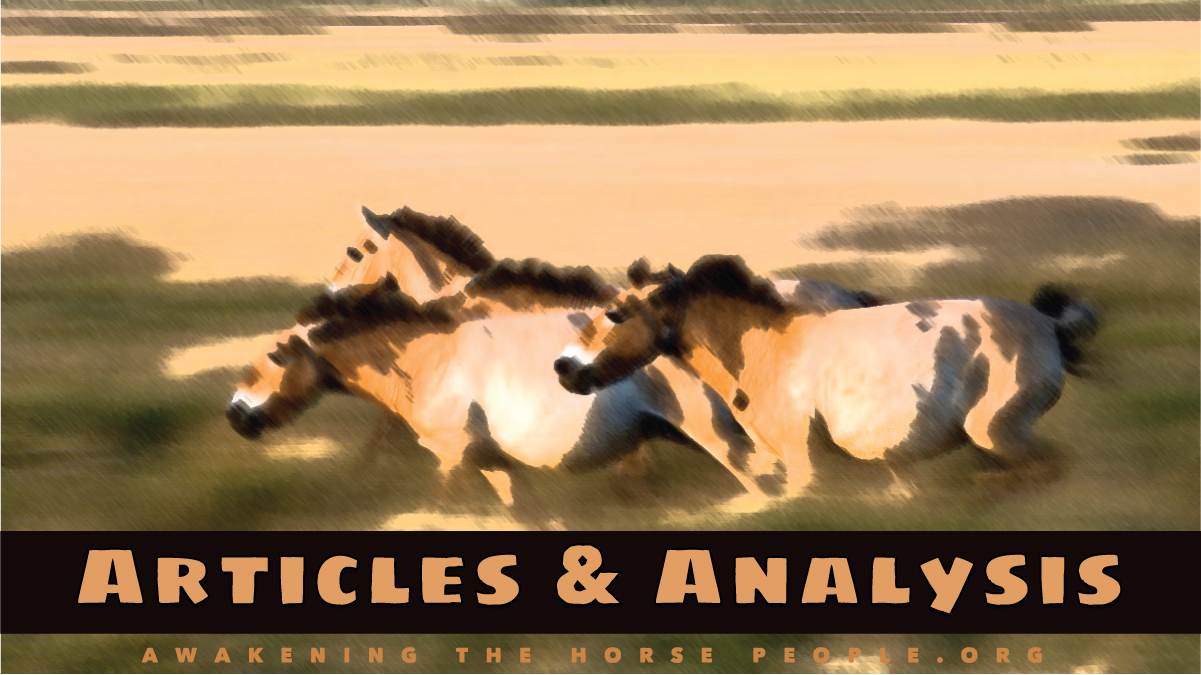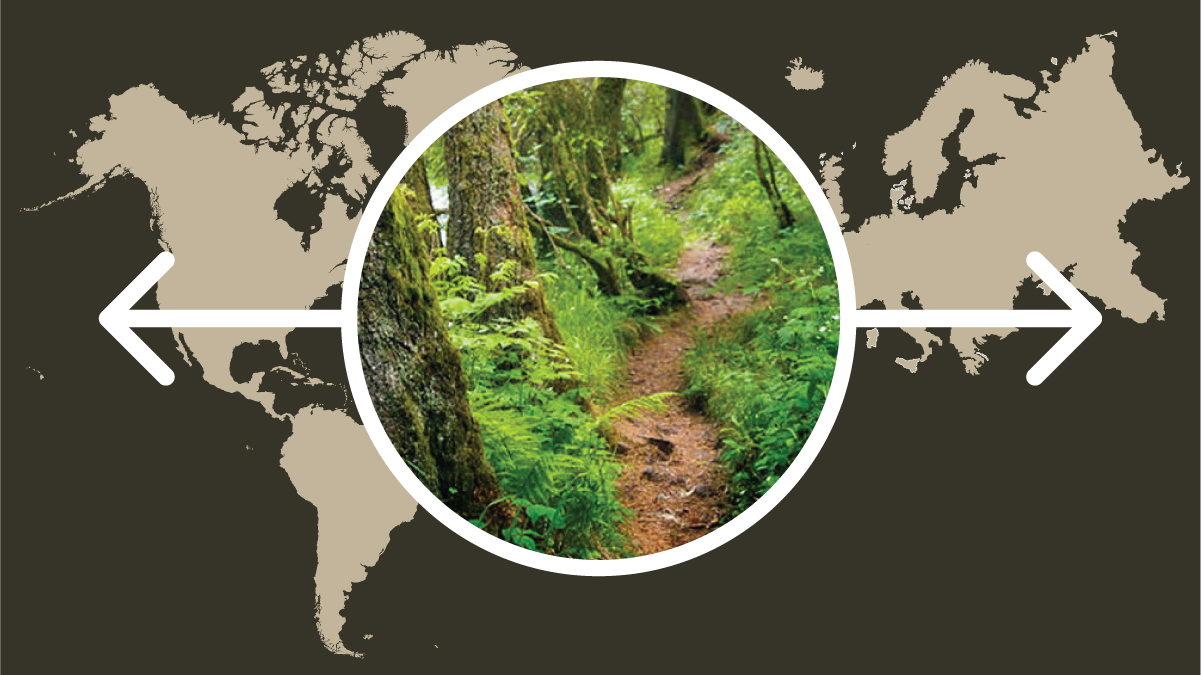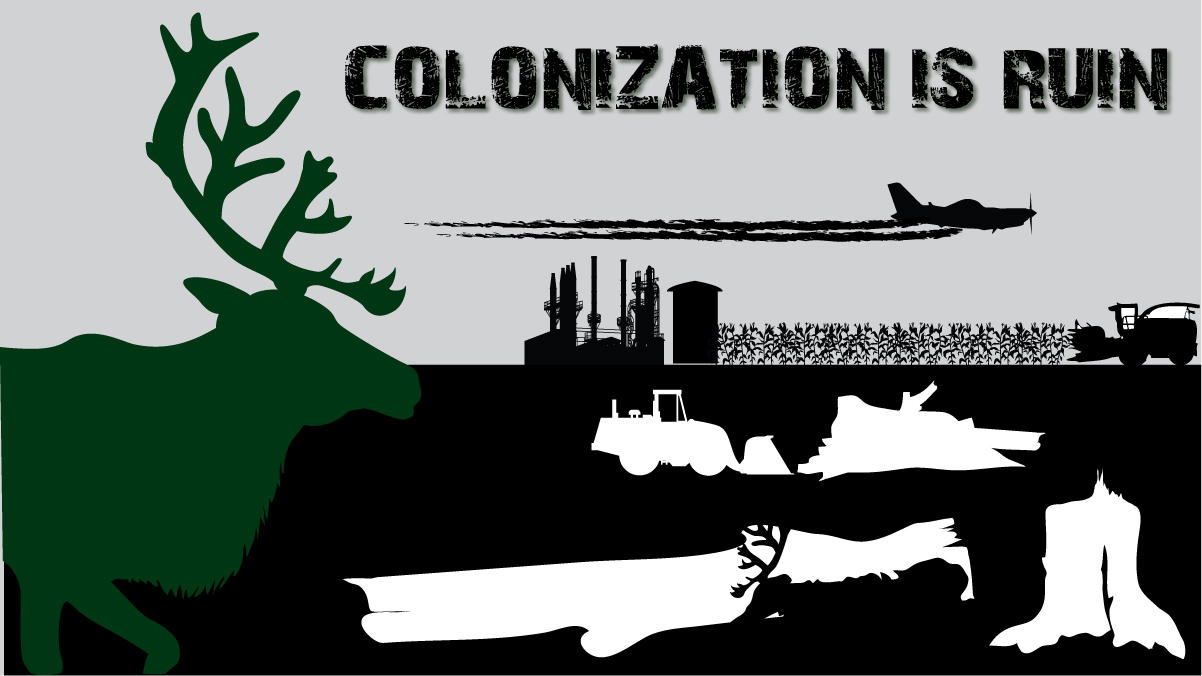 Awakening the Horse People invites ongoing submissions on the topic of decolonizing witchcraft, wicca, heathenry, and eclectic paganism.
Awakening the Horse People invites ongoing submissions on the topic of decolonizing witchcraft, wicca, heathenry, and eclectic paganism.
We would like to particularly invite self-identified witches and those who identify as practicing pagan witchcraft to share your thoughts on the role decolonization plays in these practices.
Some questions for consideration are:
- Are pagan witchcraft, wicca, heathenry, or eclectic neo-pagan beliefs consistent with movements of decolonization?
- How are modern witchcraft practices related to authentic reconstruction of ancestral lifeways?
- How are issues of cultural appropriation, spiritual materialism, and objectification of fantasy (fluffy) stereotypes reconciled within groups of practicing pagans?
- How can the practices and gatherings of pagan witches, heathens, wicca, and other neo-pagan movements in colonized lands become safer and more respectful of Indigenous people and communities?
Please limit submissions to 1000 words or less. Send submissions to connect@awakeningthehorsepeople.org. Selected works will be published on Awakening the Horse People blog. Many thanks.
Get the latest updates and resources...




Reblogged this on Unsettling America.
Talk to me about Eastern European identities… somebody.
Yes, let’s talk about eastern european identities. there are some great resources out there that help! what region in particular?
Well, I`m almost a year late, buuut….
I don`t know the official name for the faith, as I`m a practitioner of Heathenry myself, and I am not as knowledgeable about our Slavic cousins as I would like to be.
I believe the primary deity of the Slavic pantheon is Perun. I do recall something about his being locked in battle with the God of the Underworld, and neither being able to destroy the other completely. Jarilo is another name that comes to mind. God of Fertiliy I believe.
Apologies, I know it isn’t much to go on, but I hope it helps.
The white american pagans steal our images and we live in isolation, repression and denial. Nobody wants to touch our wounds but everybody claims to be one of us. I’m not going to tell you which one. It’s rude to put a focus like that. I come from a line that was kind of solitary. There was a place where the only people we could relate to was Indians. Looking back on my former generation, there was some post-civil rights bs going on there. History wont let me repeat the same mistakes. For that I am grateful, but alone.